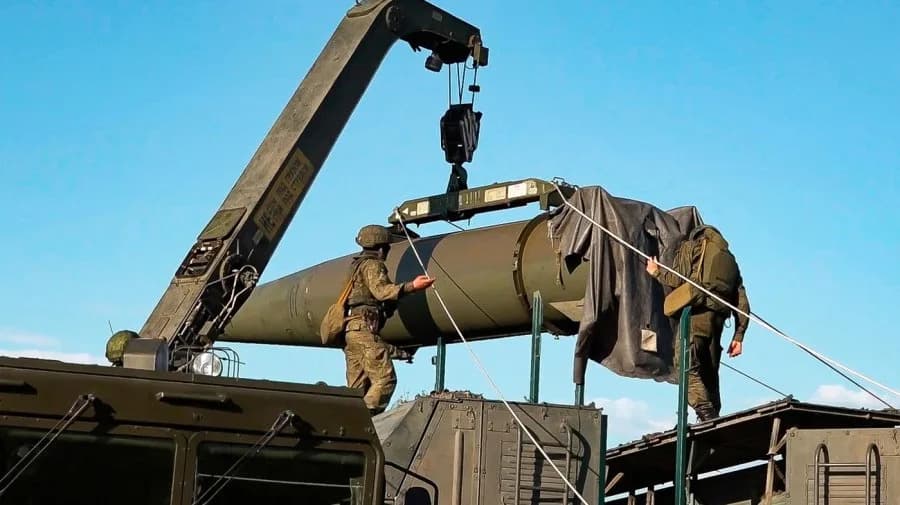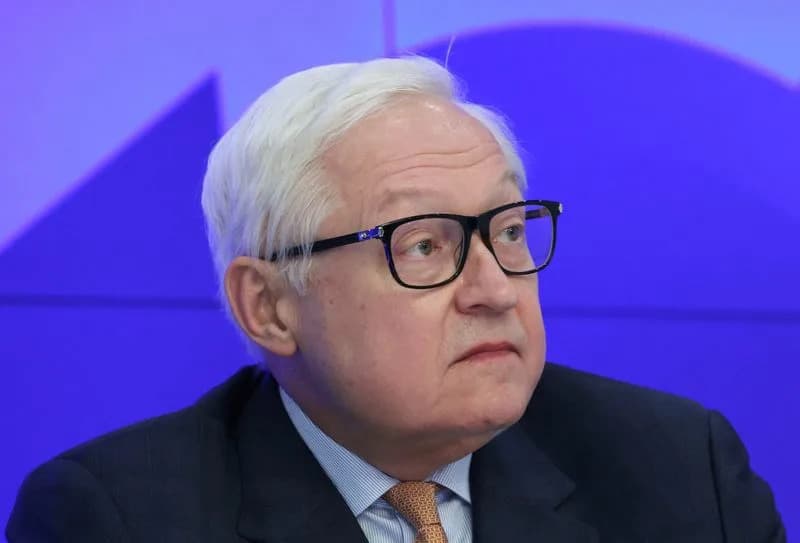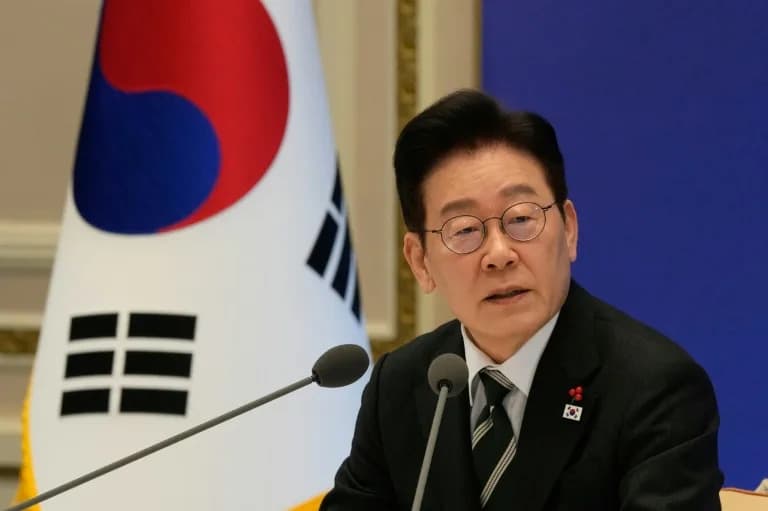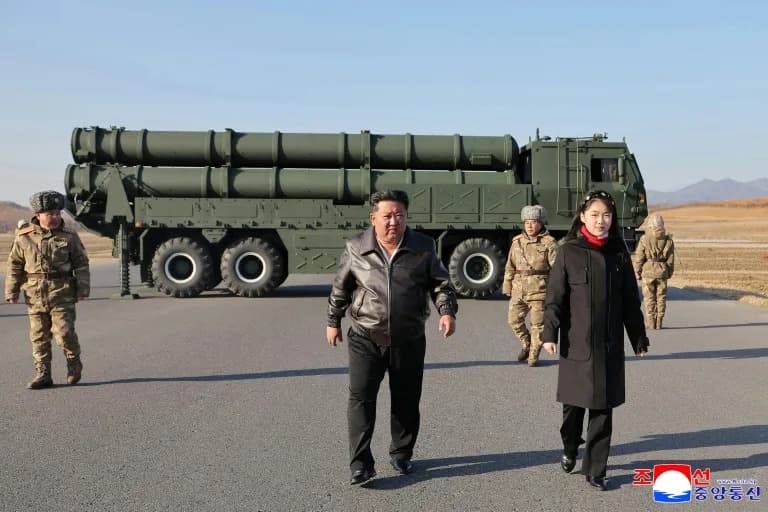Key points: China rejected US President Trump's claim that it has been conducting secret underground nuclear tests, with Foreign Ministry spokeswoman Mao Ning affirming Beijing's adherence to a long-standing testing moratorium and a "no first use" policy. Trump named Russia, North Korea and Pakistan as also allegedly testing, but offered no evidence. US officials later characterized any planned activity as "system" or "non-critical" tests, not nuclear detonations. The episode highlights tensions over verification, transparency and global non‑proliferation efforts.
China Denies Secret Nuclear Tests and Urges U.S. to Uphold Global Moratorium

China rejects allegations of covert nuclear testing, calls on US to preserve moratorium
China has firmly denied accusations that it has been conducting secret underground nuclear tests, responding directly to comments made by US President Donald Trump. Chinese Foreign Ministry spokeswoman Mao Ning said Beijing has not violated the long-standing informal moratorium on explosive nuclear testing.
Beijing's stance: "China has abided by its commitment to suspend nuclear testing," Mao said, reiterating that China pursues peaceful development, maintains a "no first use" policy, and follows a nuclear strategy focused on self-defence. She urged the United States to respect and safeguard the international disarmament and non‑proliferation regime.
"China hopes the United States will take concrete actions to safeguard the international nuclear disarmament and non-proliferation regime and maintain global strategic balance and stability," Mao said.
Trump's allegation and context: In a television interview, Mr. Trump alleged—without presenting evidence—that Russia, China, North Korea and Pakistan were conducting clandestine underground nuclear tests. He also said he did not want the US to be the only country that does not test, and announced he had ordered the Department of Defense to "immediately" resume tests.
The United States has not detonated a nuclear device since 1992. Apart from North Korea, no country is known to have conducted a nuclear explosion in decades; Russia and China report their last explosive tests in 1990 and 1996, respectively. Russia has, however, publicly announced recent trials of new nuclear-powered and nuclear-capable systems.
Clarifications from US officials: Senior US energy and defense officials sought to limit alarm by saying the discussions referred to "system" or "non-critical" tests—subcritical or component-level checks that do not produce a nuclear detonation—rather than full nuclear explosions.
Observers say the episode underscores the sensitivity of nuclear testing rhetoric and the importance of transparency, verification and international dialogue to maintain strategic stability and non‑proliferation norms.
Help us improve.


































